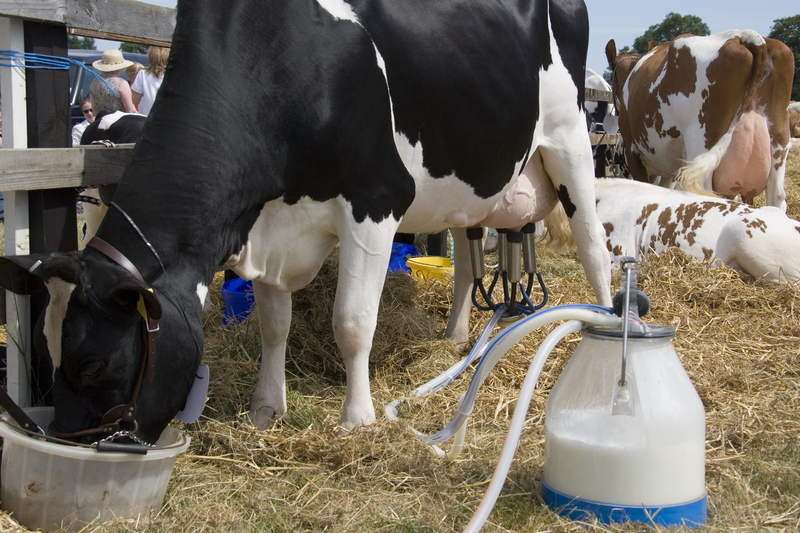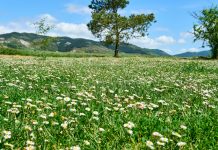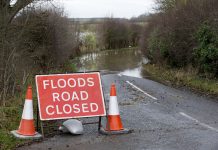AG highlights how the European Commission is continually supporting farmers and rural communities.
The agriculture sector is integral to economic development throughout Europe, and even worldwide. As around half of the land within the EU is farmed, this places farming as an integral part of the EU’s natural environment. The European Commission has shown continued commitment to supporting agriculture across the member states, and Europe’s farmers in particular.
The Common Agricultural Policy (CAP), which implements a system of agricultural subsidies and other programmes, forms the backbone of the European Union’s approach. Through the CAP, farmers are encouraged to continue to play a positive role in the maintenance of the countryside and the environment, by:
- Targeting aid at rural development measures promoting environmentally sustainable farming practices, like agri-environment schemes;
- Enhancing compliance with environmental laws by sanctioning farmers’ non-respect for these laws through a reduction in support payments from the CAP.
The European Commission recently announced a new package of measures worth €500m to support farmers in the face of ongoing market difficulties. The package contains three main elements:
- An EU-wide scheme to incentivise a reduction in milk production (€150m);
- Conditional adjustment aid to be defined and implemented at Member State level out of a menu proposed by the Commission (€350m that Member States will be allowed to match with national funds, potentially doubling the level of support being provided to farmers);
- A range of technical measures to provide flexibility (e.g. on voluntary coupled support), cash-flow relief, and reinforce the safety net instruments.
Speaking about the new measures when they were presented to the Council of EU Agriculture Ministers, Commissioner for Agriculture and Rural Development, Phil Hogan, said: “Coming at a time of significant budgetary pressures, this package provides a further robust response, and means that the Commission has mobilised more than €1bn in new money to support hard-pressed farmers.
“Our ultimate goal is to see the much-needed recovery of prices paid to farmers, so that they may make a living from their work and continue to provide safe, high-quality food for citizens, as well as their contribution to rural areas and rural jobs and the provision of public goods.”
In September, Hogan also spoke at the 2.0 Conference on Rural Development, in Cork, Ireland, where he highlighted the importance of the Common Agricultural Policy (CAP) and how rural development is an essential element within the policy.
Hogan said: “Agriculture, forestry and their related sectors support 44 million jobs throughout the EU and are essential for the economic, environmental and social development of viable rural areas and communities, both directly and indirectly.
“Though farmers and foresters are the custodians of 85% of the territory of the EU and are by far the largest direct beneficiaries from the CAP in terms of direct payments and rural development payments, the ultimate beneficiaries are the tens of millions of citizens who live in the countryside or those who perhaps live in urban centres but regularly enjoy rural amenities.
“And what about all of us, as citizens, who benefit every day from the contribution that our rural areas make to climate change mitigation?
“Everybody benefits from viable farms capable of preserving landscapes and feeding into local economies; we all benefit from climate action and improved environmental management and all of us benefit from thriving rural communities.”
AG











